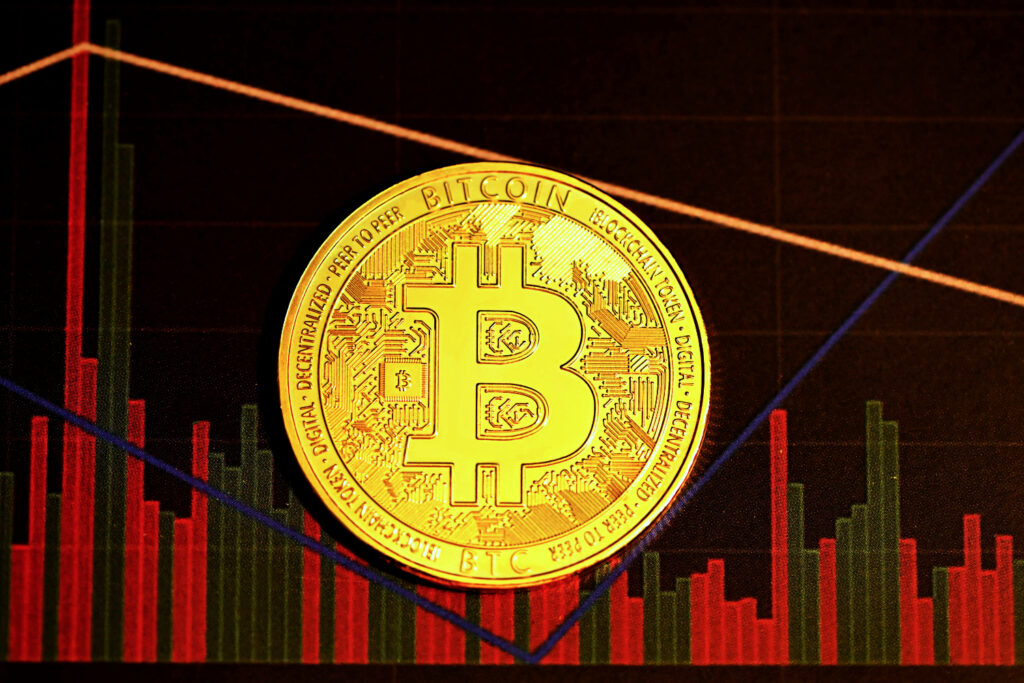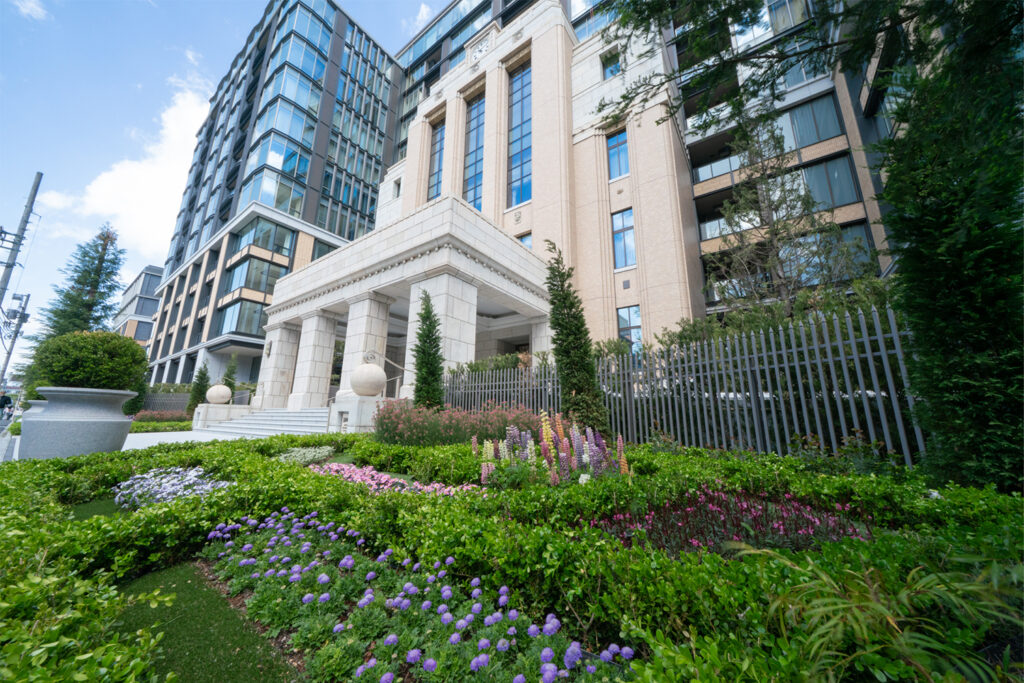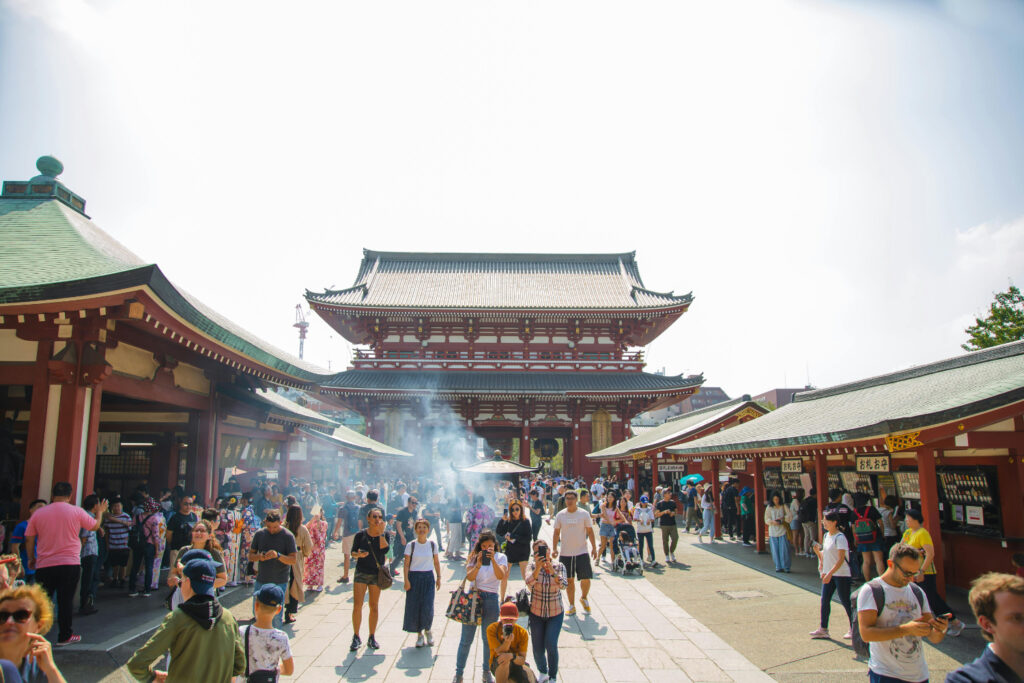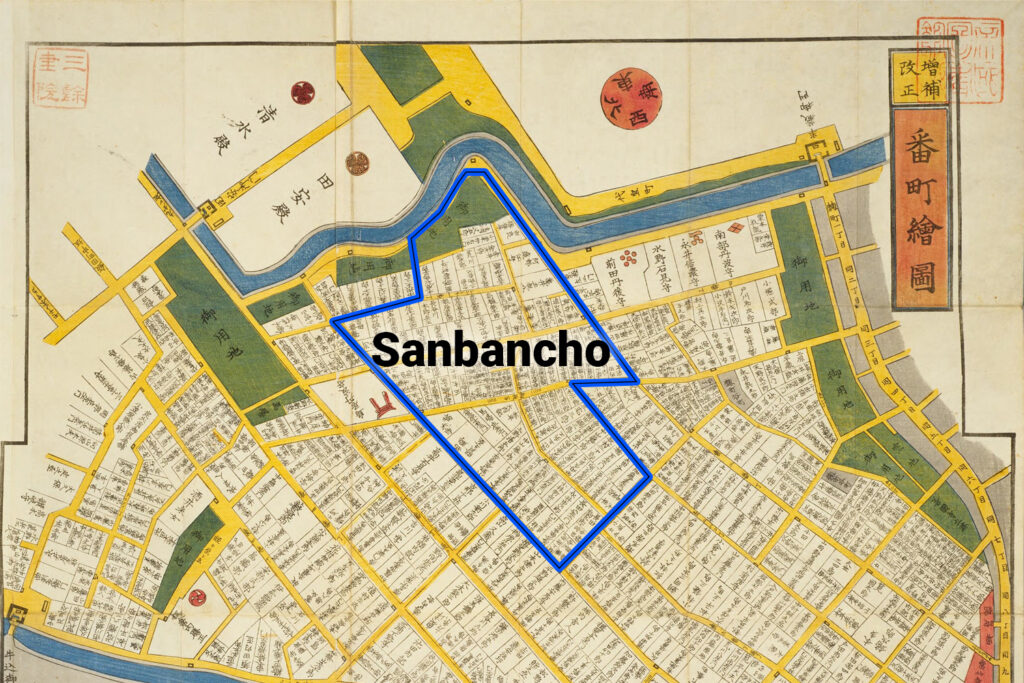Welcome to the “HJ Chatroom,” our newly launched series, in which we invite leading experts in the Japanese economy and real estate industries to discuss a wide range of topics of interest.
We sit down with investor and entrepreneur Billy Mitchell to discuss the benefits of investing in Japanese real estate versus other significant markets such as Singapore and the UK. Read on to find out what country offers the most compelling valuation from a real estate investment perspective.
Housing Japan [hereafter, HJ]: Hello and welcome to Housing Japan. My name is Bryan Kipping, and I’m the head of investment sales.
Singapore or Japan? Which country from a real estate investment perspective offers the most compelling valuation? Well, to help answer that question and discuss real estate in general, I’m delighted to welcome my first special guest to the HJ Chatroom, a seasoned real estate investor who is located in Singapore.
Welcome, Billy Mitchell! How are you, sir?
Billy Mitchell [hereafter, BM]: Very good, thank you.
HJ: It is a pleasure to welcome you. For the benefit of the viewers, Billy, please give us a brief background on who you are.
BM: My name is Billy Mitchell. I’ve been in Asia for the last 25 years. I spent 20 years in investment banking working for various investment banks in the region, and during my time, I’ve done three stints in Tokyo, a stint in Hong Kong, and a couple of stints in Singapore. I’ve spent a good amount of time living in both Singapore and in Tokyo and a good amount of time living in London prior to that. So, I’ve invested in real estate in London, Singapore, Tokyo, and several other countries during my banking career.
For the last ten years, I’ve been a private investor investing in my own funds on various real estate commodities and other projects, and that’s how I make my living at the moment.
HJ: I guess, to some degree, when we start thinking about the macro environment from a global perspective, the amount of central bank stimulus that’s gone on, it’s quite topical for you and I to talk about real estate investment at the moment, isn’t it?
BM: Yes, the last couple of years has just been crazy with all this stimulus money going through the market and the collapse in equity markets and the sudden rebound last year and throughout this year. It’s just been a rollercoaster ride, and, I think, particularly the Japanese real estate market has been very strong throughout this period. I think it’s a very compelling investment to look at. You know, throughout the last 10-15 years, I’ve done several real estate investments for myself through Housing Japan, and I’ve also been involved with some projects for Housing Japan that have let me believe that Japan has been a very strong market to invest in over this last 10-15 years.
HJ: Thank you for that. When you think about real estate investing from your own perspective, would you say that over the past 5-10 years, you would have given more of a higher allocation to real estate compared to what Billy would have been in the early twenties? Or has there been a fundamental change in terms of your percentage of real estate ownership?
BM: My personal feeling is that you should have at least 30-40% of your net worth either in real estate directly or through real estate through REITs [Real Estate Investment Trust]. I tend to trade a lot of REITs, as well as buy physical real estate. I think, generally speaking, when the market is moving viciously as it has for the last couple of years, you can take risks on and put risks off through the REIT market a lot quicker and a lot cheaper than buying direct real estate. Particularly in Singapore, where the transaction costs are so high that you can be paying up to 20% stamp duty, you have to have a 10-15 year return horizon at the minimum just to cover that massive stamp duty cost.
In Japan, it’s a lot cheaper. In Japan, your costs may run to 3-5%, and you can be a lot more in and out. I think, generally, for short-term punting, the REIT market can give — and certainly, in the last 24 months, the REIT market was down 60-70% in many cases and then has doubled off the bottom. Whereas the physical real estate markets haven’t really moved at all given the transactional costs. What we’ve seen is kind of nothing trading and then people starting to buy property when they’ve gotten comfortable with it, so we didn’t see that all the way down, and we didn’t see that all the way back up.
So, I think that in the long term, you want to run physical real estate if you’re sure about the position and short term. And if you have a macro or technical view, I think that REITs are the way to trade that.
HJ: Just to pick up on a point you mentioned before — really, in terms of the stamp tax in Singapore, I mean, 20% — that’s huge!
BM: It’s not just 20%! In Singapore, it’s all trying to stem a bubble-forming in the residential real estate market, so you must hold for a certain period of time. And if you sell within five years or three years or two years, then there are escalating levels of exit tax as well. So, it’s not just duty on the way in that’s particularly egregious for foreigners.
I’m a PR [permanent resident], so I would pay a base 5% stamp duty plus another 4% depending on the purchase price, but foreigners are paying 15% more, and that’s on your first property — second and subsequent properties have got, you know…So the stamp duty here is designed to prevent people from trading unless they really have to, which dampens down the price movements. Which is good, but considering the renting yields here on a very nice property would be… you know. I think my landlord here is probably getting sub 1.5% yield, and given all the costs and taxes he has to pay, it’s less than a percent yield he’s getting from the property.
So to pay 20% in stamp duty to buy property, you need to take at least a 20-year view in that situation because otherwise, it just makes much more sense to rent. Whereas in Japan, you can get the property costs of transacting to within one year’s rent which is very reasonable, so I think that’s the night and day difference between Singapore and Japan. In Japan, you can buy the property, sell it a few years later, and still make money in a market that’s not moved much. In Singapore, you just can’t buy and sell a couple of years later, it’s just like throwing money in a fire.
HJ: I guess the other thing is, when we look at Japan real estate in general, we’re dealing with freehold properties, right? Where I guess to some degree in Singapore, you know the property market that non-residents or investors have access to is going to be quite restricted in terms of areas and is going to be leasehold properties, right?
BM: Most of the nice stuff in central Singapore, that’s the stuff that’s yielding1.5 to 2%, is generally freehold. If you go out to Sentosa or some of the newer properties and 99-year leasehold, you’re looking at something 20 or 30 years old, then you may only have 60 years left to run on the lease — and you’re really going down a slippery slope quite quickly if you look at these leasehold properties. All of the public property that the government builds and 80% of Singaporeans live in is a 99-year government leasehold, which means you’re really committed to basically living at that property for a decent period of time. After 20 or 30 years, you really don’t know what it’s going to be worth because it can be difficult to mortgage. I mean Tokyo, it’s very, very rare to find a property that’s not freehold.
HJ: That’s very good points to know there. I guess that when you look at Tokyo as well as the Japan real estate market, we have obviously the benefits of freehold [and] the value of the properties in terms of the yield, but I guess equally for residents that are based here in Japan, we do have the ability to depreciate the value of the property versus our income tax and that’s a very sort of compelling reason for residents to own real estate, whether you have your permanent visa here in Japan, to basically take advantage of the depreciation effect. So it sounds to me, Billy, that we’ve got a very good case for investors to choose Japan over Singapore, certainly, for some of the points you highlighted during the conversation.
Were there any other points you felt were relevant for the audience to talk about Singapore or Japan? Or just in general?
BM: I would say that generally, my experience of having investment property in Japan has been that the quality of the tenants tends to be very high. I think Japanese people tend to be — obviously not in all cases, but tend to be — very honest. When you have tenants, problems are very, very rare. In my investing in the UK, the situation is night and day. I have a commercial property in the UK and particularly during this COVID period, but prior to that as well, you’re constantly chasing tenants for money and having headaches. Am I going to get paid? Are there going to be unexpected costs? But I think in Japan, the tenants — because it is a renting society in general, there’s a lot more people in Japan that rent than own — I think in the UK it’s considered very much a second class thing to be renting, so the quality of the tenants in Japan tends to be very good. You don’t tend to have such problems with collecting rent or unexpected bills and people basically acting in disreputable ways. I’ve always found the way people do business in Japan to be extremely trustworthy. In Singapore, people are generally pretty good, but I think, you know, in the UK, you definitely have to have your wits about you.
HJ: Thank you for that. Hopefully, for the viewers, it’s been a very insightful discussion that we’ve had between us today, Billy, and I really want to thank you for taking the time out of your busy schedule to come and have a chat with me. Thank you very much, Billy. It’s much appreciated.
BM: Thanks a lot!











